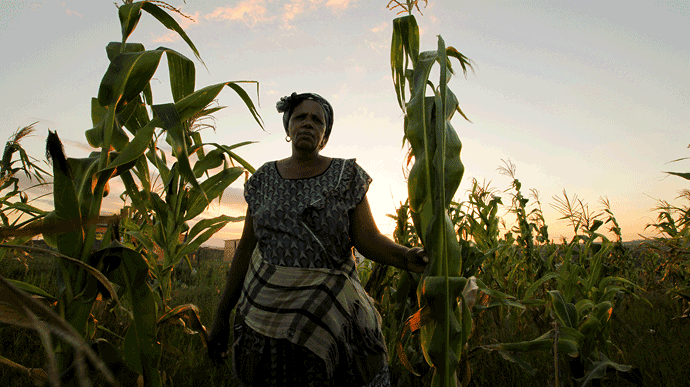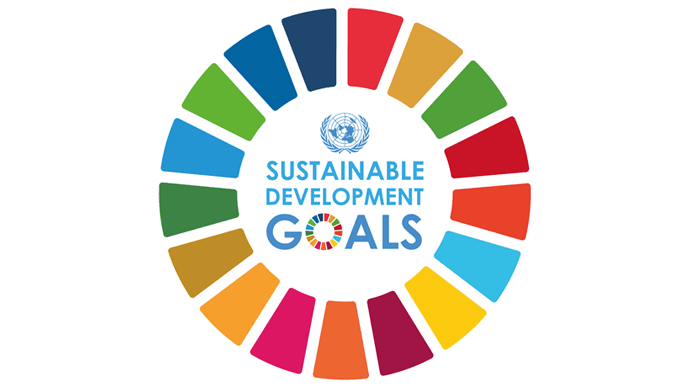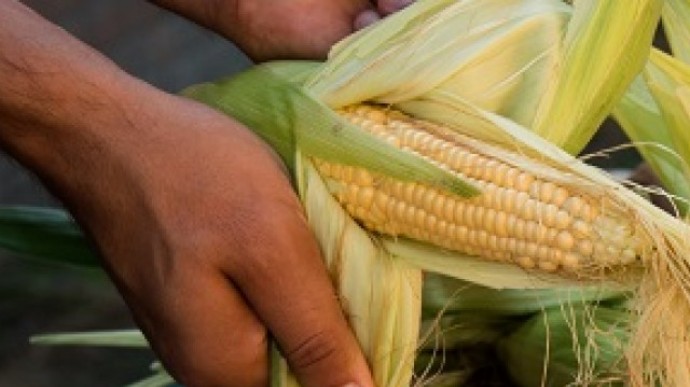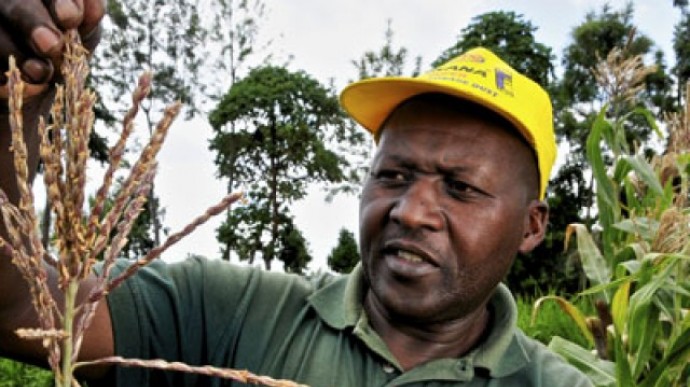 Story
Story
Healthy foods are often expensive and time consuming to prepare. While the diets of lower-income earners are often energy dense, they tend to be low in other nutritional components such as protein, fibre, vitamins, minerals and health-promoting phytochemicals.
 Story
Story
Malaria is a vicious disease that is Africa’s leading cause of death among children under the age of five. Millions of people in Africa are infected with it and 90% of the world’s reported cases occur on the continent.
 Talking Point
Talking Point
For analysts and academics alike, the world of development policy changes quickly. Decision-makers are faced with increasing complexity and a growing list of elements that have to be taken into account in policy reform and design.
 Story
Story
Forests are living habitats that contain life in all its incredible forms. Towering trees create canopies that are home to an array of species – many of which are found only in the forests they occupy.
 Talking Point
Talking Point
A number of African countries are taking bold action to tackle malnutrition. They have successfully implemented a range of actions that have started to improve nutrition for all.
 Story
Story
A local bacteria that grows around plant roots could help SA farmers save money by improving maize yields and reducing crop water stress. According to researchers at the University of Pretoria’s (UPs) Department of Plant and Soil Science, this environmentally-friendly agricultural solution is almost ready for commercial use.
Copyright © University of Pretoria 2025. All rights reserved.
Get Social With Us
Download the UP Mobile App